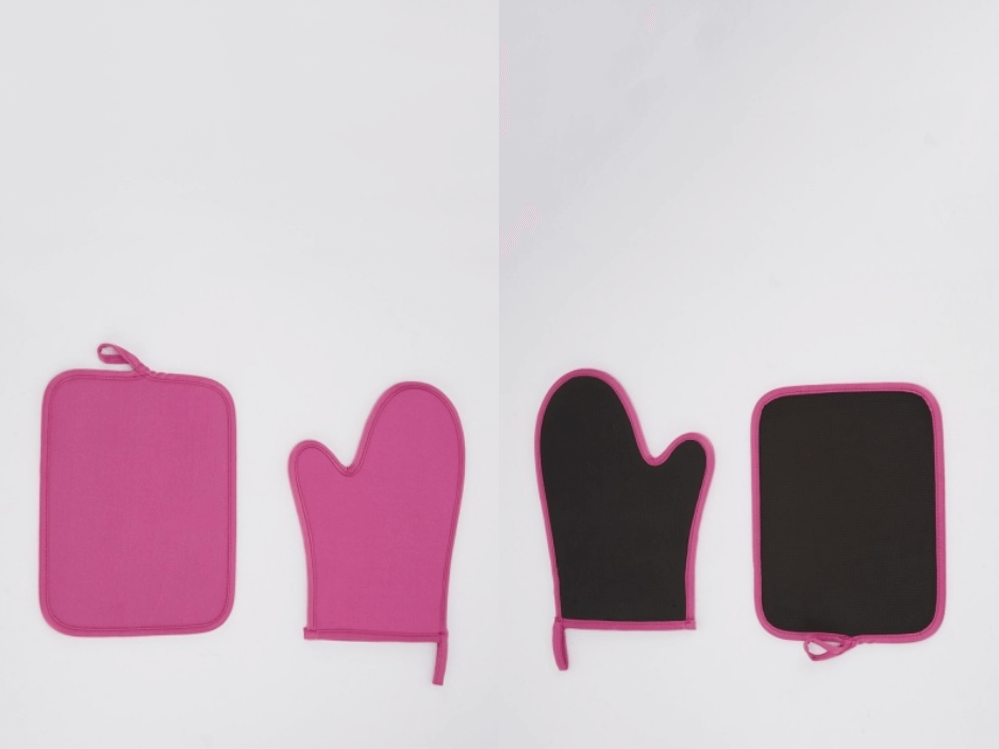April is stress awareness month, and if there’s one thing we’d always encourage here at E5P, it’s stressing less. Easier said than done though, right? Between balancing our busy work and social lives, and you know, ordering pizza (a girl’s got to eat!), it’s easy to forget about practising self-care (pizza doesn’t always count btw). But self-care isn’t just about taking a bubble bath whenever you have a spare 20 minutes; it’s about bringing small self-care habits into your daily routine. And remember, there’s no right or wrong; proper self-care is about working out what makes you happy, and trying to do one or two of these things every day.
If you’re wondering where to start, here are a few self-care and wellness tips that’re bound to help you stay calmer and happier.
Check in With Yourself
Now, this is something that you can – and should – do each day. Mentally check in with yourself when you wake up in the morning; notice your thoughts and your breathing; try to work out whether your body feels tense or relaxed. Think about how you physically and mentally feel. And whatever you’re noticing, don’t judge it, just observe.
This exercise can help us to work through our states – whether emotional or physical – before they escalate and become overwhelming. Simply acknowledging the way we’re feeling in the here and now can stop us from burning out and, yep you guessed it, stress less.
Look After Yourself from the Inside Out
Your brain is always ‘on’ – even when you’re asleep – and it needs fuel which (surprise, surprise) it gets from food. Whilst there’s no conclusive evidence to suggest that what we eat can cause or worsen mental health issues like depression and anxiety, mood and diet has been linked. A 2017 study found that young adults (under 30) who ate more fast food (3 times a week or more), had higher levels of mental distress. Fast food can cause a low-grade inflammatory response in the body, which has been connected to depression and anxiety.
Regardless, our diets have a huge impact on our overall health and wellbeing; real self-care starts from the inside out. Try to cook some hearty, healthy dishes in lieu of ready meals and takeout.
Get Moving
We all know that exercise is good for the body, but it’s also a great stress reliever – no matter how intense (or not) you’re taking it. Physical activity increases the production of ‘feel good’ chemicals in the brain called endorphins. That’s why you can feel a sense of euphoria after working out (it’s known as a ‘runner’s high,’ but you’ll get the same feeling after any activity).
On top of that, exercise improves sleep and – because it can put us in an almost meditative state – helps us to stay in the present.
Create a Safe Space
It’s important that your home feels like sanctuary; whilst we can’t control what happens in the wider world, we can reduce homegrown stress by making sure that we’re coming back to a safe space at the end of the day.
For most of us, house sharing is the norm, so it’s important that you communicate openly with your housemates. By being honest with one another about any issues that might crop up, you can all help to build a home that caters to everyone’s needs. At the end of the day, proper communication leads to better relationships, whether it’s between best friends or acquaintances. And by maintaining this open dialogue, you’ll be able to nip any problems in the bud before they become unmanageable.
Turn your private space into a real haven by personalising it. Invest in cosy pillows and super-soft throws; decorate your walls with prints, posters or framed photos of your loved ones, and calm your senses with scented candles.
Get a Good Night’s Sleep
Stress and sleep can become part of a vicious cycle; the more stressed we are, the less we sleep, which then makes us feel more stressed or less able to deal with difficult situations. If you’re struggling to catch 40 winks, it’s worth establishing a routine to help you wind down.
You should always try to deal with the stress first. It’s almost impossible to get a good night’s sleep when your body is flooded with adrenaline and cortisol – the stress hormones our body naturally releases. If your stress is related to something specific, think about any practical measures you can take to alleviate it. Talk to your friends and family about your anxieties, and seek professional treatment if the problem persists.
Slow down your evenings to prepare your body for sleep. Curb your coffee habit and avoid using your phone in bed; read for an hour or listen to something calming, like music or a piece of guided meditation, instead. You could wind down by taking a bubble bath, or cosy up in your pyjamas to watch the latest episode of your favourite show. Part of establishing a night-time routine involves a bit of trial and error; you might not find out what works for you right away, but stick at it until you do!
Balance Work & Play
Maintain a work/life balance to avoid burnout. Work provides us with security and a sense of achievement, which is good for our mental wellbeing. However, our work should never cause us to miss out on other (equally important) aspects of life that contribute to making us well-rounded, happy individuals.
When you leave the office, leave your to-do list at the door. And unless you really have to, don’t check work emails when you’re not there; it’s these sorts of work distractions that prevent us from wholly enjoying moments of leisure. Make time for the most important people in your life; you could organise a girls’ night in with your besties or take your partner out for a romantic dinner.





